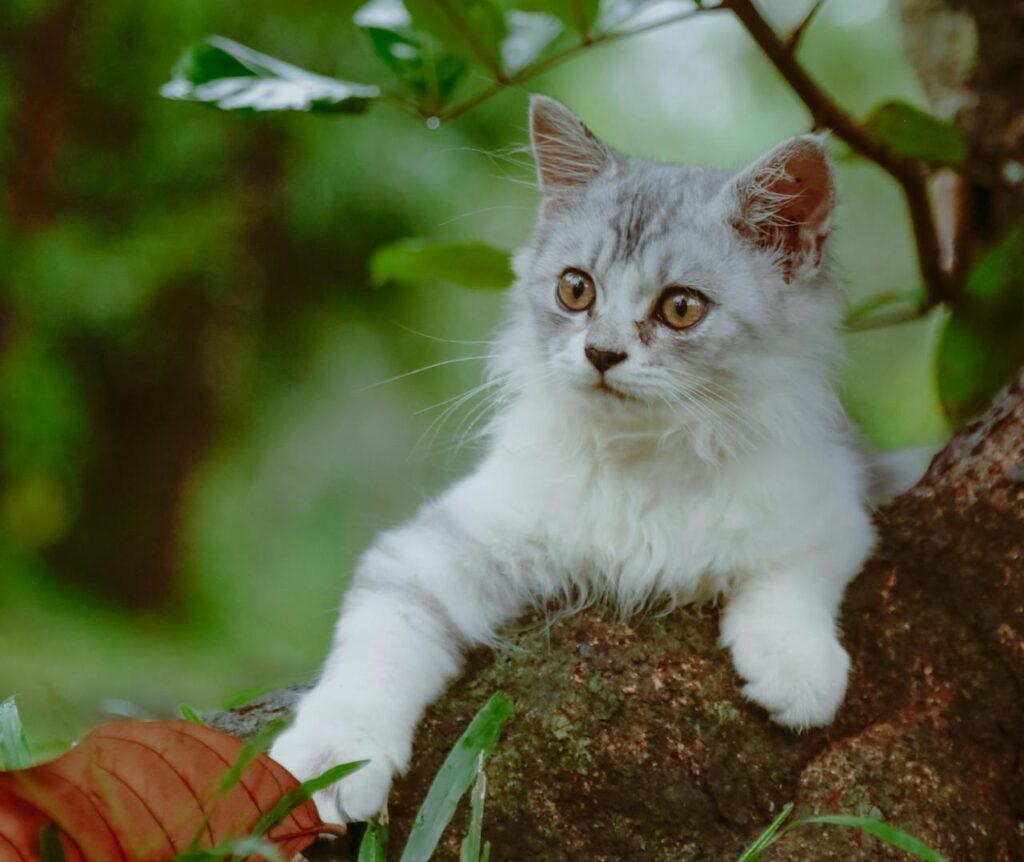
Are Monsteras Toxic to Cats? As both an owner of cats and an enthusiast of houseplants like Monstera deliciosa, you may be concerned about its safety around their furry companions. But do not fret, as there’s good news: here, you will learn all about Monstera toxicities for felines!
Monstera Is Poisonous to Cats
Monsteras can be toxic to cats. These popular houseplants contain insoluble calcium oxalates that may lead to discomfort and health concerns when consumed by felines, adding greenery while increasing risk. While Monstera adds some greenery to your home, be wary of any health issues it poses to feline friends who live here, as it should remain aware of any risk from these houseplants that it poses to their health and wellness. Signs That Monstera Is Poisonous For Cats
Symptoms Signs that Monstera May be Poisonous For Your Cat
Here are the symptoms to watch if your cat nibbles on Monstera leaves. Drooling: Excessive salivation may be one of the first indicators. Mouth Irritation: Look out for signs such as pawing at their mouths, facial swelling, or difficulty swallowing. Vomiting: Vomiting may occur after ingestion has taken place.
Decreased Appetite: Any sudden reduction in food interest should raise alarm bells. Difficulties Breathing: Consumption can result in breathing complications that necessitate medical assistance to restore oxygen to the lungs if ingestion is harmful to health.
Immediately notify a vet if any of these symptoms appear; early intervention could dramatically improve your cat’s recovery.
Non-Toxic Plant Alternatives
There are plenty of beautiful yet non-toxic plants you can add to your home without endangering your cat’s safety or risking their well-being. Here are a few cat-safe options.
Spider Plant (Chlorophytum comosum): Popular among air purification systems, this plant requires minimal care to thrive. Areca Palm (Dypsis lutescens): Provide a tropical touch without endangering felines!
Boston Fern (Nephrolepis exaltata): These lush, non-toxic options thrive best with indirect lighting and are safe for cats.
Calathea (Calathea spp.) features different striking patterns that make this plant appealing to cats, while African Violet (Saintpaulia) boasts vibrant blooms, which offer another option suitable for pet ownership.
Conclusion Although Monsteras may look appealing, they present a severe health risk for cats. Creating an inviting yet safe space will benefit everyone involved by being aware of signs and symptoms associated with toxicities and selecting non-toxic alternatives for plants that will co-exist safely in an indoor space for you and your feline friend. Should any issues arise after interacting with Monstera and kitty cat(s), do not hesitate to speak to a qualified vet immediately for guidance or treatment options.
